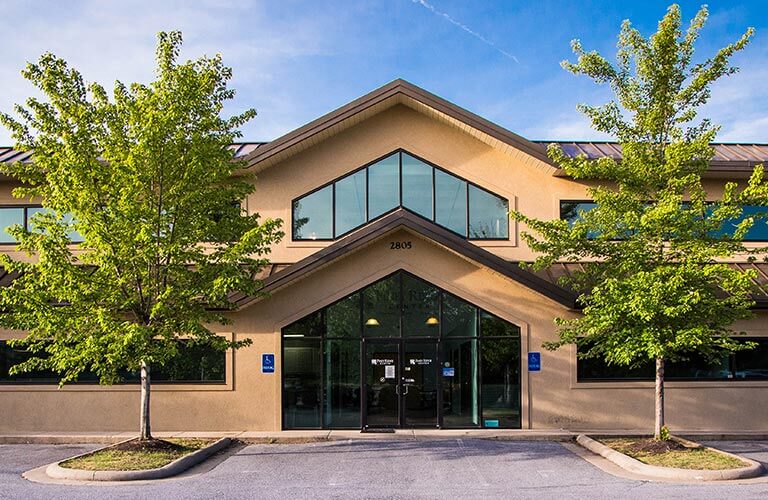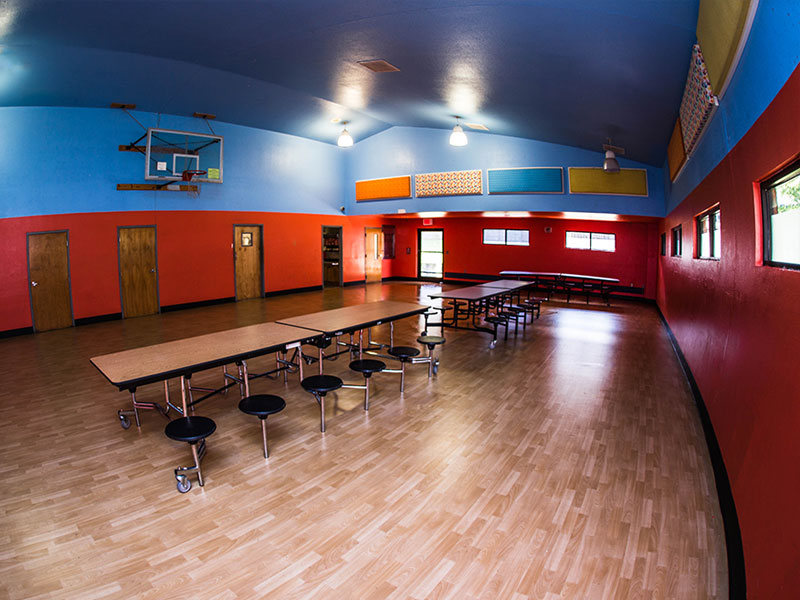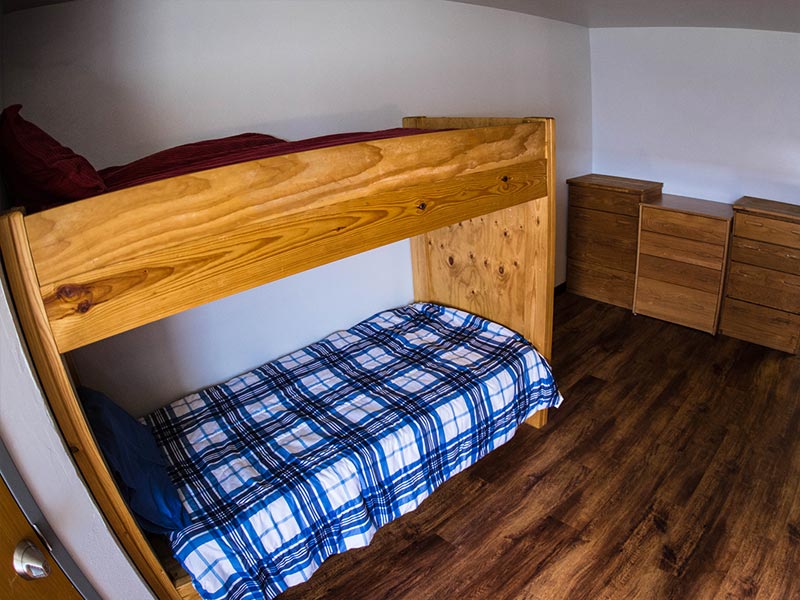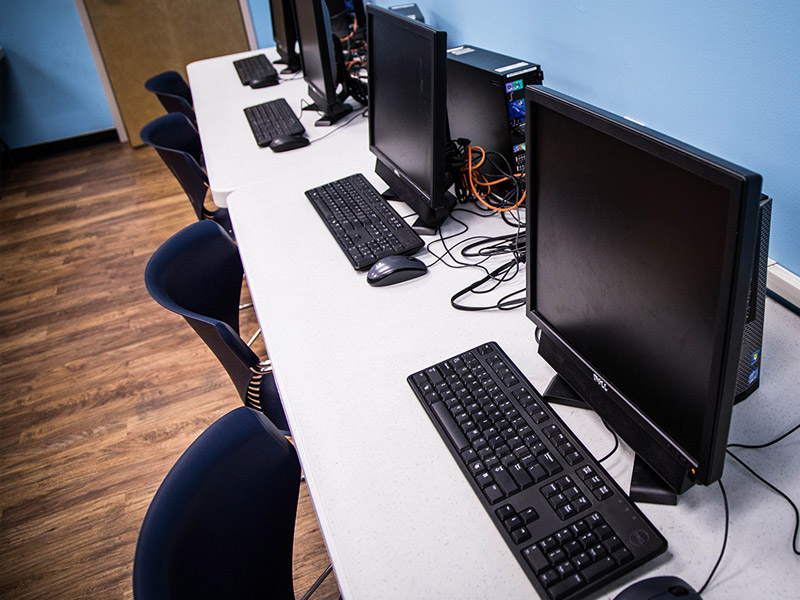Piney Ridge Treatment Center helps children & adolescents struggling with mental health disorders build a strong foundation for long-term recovery. Located in Fayetteville, AR, Piney Ridge is the leading provider of mental health disorder treatment.
At Piney Ridge Center, we strive to empower the children and teens we treat who are struggling with a concurrent sexually maladaptive behavior in addition to chemical dependency and/or a mental health disorder. Many children and teens who come to our residential treatment center for care are facing a number of concerns and require treatment of each of the disorders synchronously in order to provide the best possible treatment outcomes. Dual diagnosis, also called “co-occurring disorders” is a condition in which a child or teen is facing one or more mental health issues as well as chemical dependency. Often, dual diagnosis may be used as a term when a child or teen is struggling with more than one mental or behavioral health disorder, as many of our clients are. As children and teens who have co-occurring, comorbid disorders face a number of increasingly complex challenges. Children and teens with dual diagnosis have increased rates for relapse, additional hospitalization, and homelessness as compared to children and teens who only have a single mental health disorder or chemical dependency.
Due to these challenges, Piney Ridge Center works tirelessly to diagnose and begin treatment for children and teens who have co-occurring disorders to reduce the likelihood of future complications. Children and teens who have co-occurring disorders are treated for all disorders at the same time under the careful guidance of our multidisciplinary treatment team and changes will be made to the treatment plan as needed. Using our empirically-validated approach to dual diagnosis treatment, all disorders a child or teen is facing is considered to be the primary disorder and treatment is integrated using a team comprised of physicians, nurses, mental health professionals, child and adolescent psychiatrists, and therapists. This ensures that children and teens who have co-occurring disorders will have the best possible recovery outcomes.



